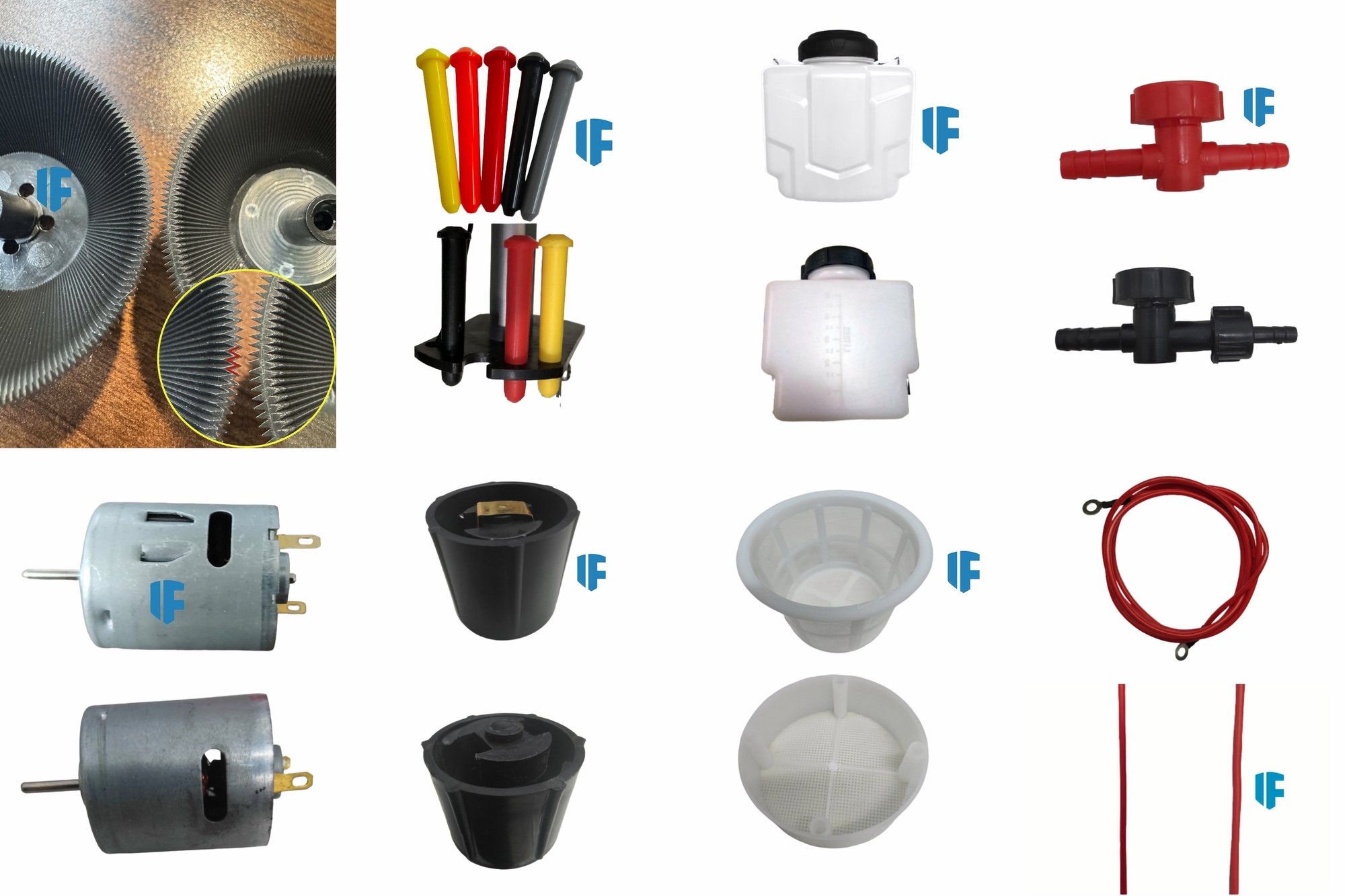 ABOUT US
CONTACT
ABOUT US
CONTACT
▲The core feature of ULV (Ultra-low volume) spray technology lies in using a minimal amount of highly concentrated liquid, which is atomized into fine droplets (10-50 microns) through specialized spray equipment, achieving efficient coverage and precise application.
▲ULV sprayers have a wide range of applications and offer significant advantages, such as 30%-50% of pesticides and reducing environmental pollution. The droplets exhibit strong permeability, can cover hard-to-reach areas, and are more efficient than conventional sprayers.
▲In terms of details:
The IFOURNI disk is cut in one stroke, resulting in clearer and more distinct tooth patterns and finer mist dispersion.
Five nozzles meet various needs, ensuring more comprehensive and accurate spraying.
The extended adjustable hook strap can be adjusted according to the user's height.
The 5L tank has a blank space in the middle reserved for logo placement, enhancing brand visibility.
The three-layer pagoda-style outlet design ensures better sealing.
The water flow switch eliminates one adapter, reducing the risk of leakage, and features consistent inlet and outlet ports for easier installation.
The IFOURNI motor has a 30% longer lifespan and a 20% higher rotation speed, ensuring extended service life.
The anode switch outer sleeve is heightened and thickened, making it easier to engage with threads during installation and providing better protection for the internal copper sheets.
The 7cm deep mesh filter allows for finer filtration and faster water flow.
The wire diameter is 25% thicker, reducing the risk of burnout and minimizing energy loss.

